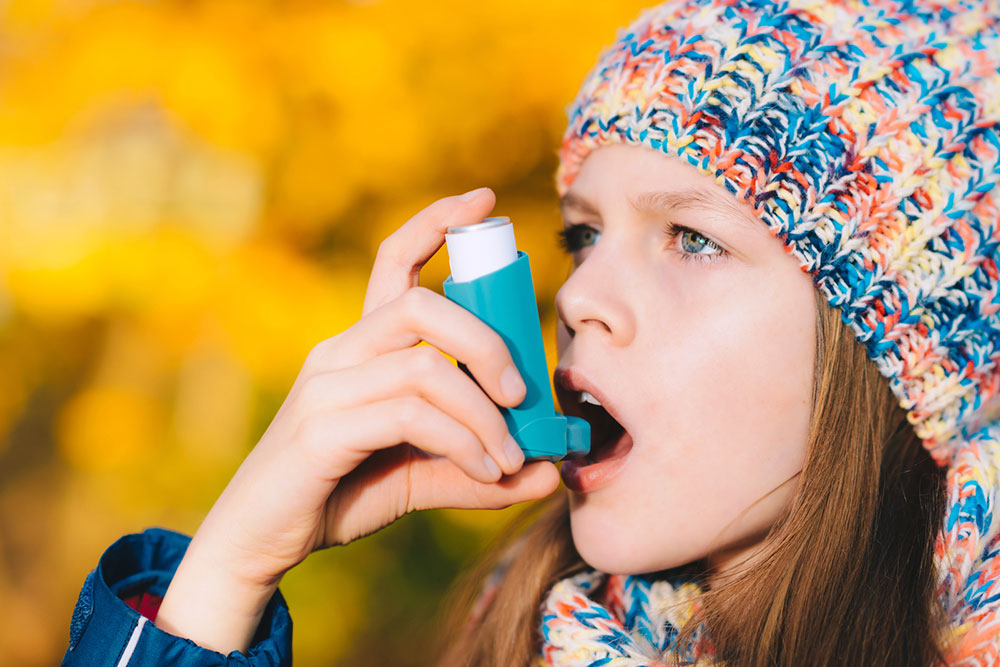Top 5 Asthma Triggers You Need to Be Aware Of
This article highlights five common asthma triggers, including secondhand smoke, dust mites, cockroaches, air pollution, and pet dander. Understanding these triggers can help manage asthma symptoms more effectively and prevent severe attacks. Practical tips are provided for reducing exposure, such as maintaining a clean environment, avoiding polluted areas, and consulting healthcare professionals. Staying informed and prepared—including carrying an inhaler—is essential for anyone with asthma or caring for someone with the condition. Protecting your health begins with awareness and proactive measures.

Top 5 Asthma Triggers You Need to Be Aware Of
Essential information on common asthma triggers
Asthma affects approximately one in thirteen individuals worldwide. If you or someone close to you has asthma, understanding common triggers is crucial for prevention. Recognizing these factors can help avoid severe asthma attacks and improve quality of life.
Secondhand smoke
Tobacco smoke is a major health hazard, especially for those with asthma. Inhaling cigarette smoke, whether directly or passively, can worsen symptoms. Maintaining a smoke-free environment is vital for asthma management.
Household Dust and Mites
Dust mites are microscopic pests found in many homes. Their presence can trigger asthma symptoms. To reduce exposure, use allergen-proof covers on mattresses and pillows. Wash bedding weekly in hot water and keep stuffed toys and clutter minimal to prevent dust accumulation.
Cockroaches
Although less obvious, cockroach allergens can provoke asthma attacks. Their droppings and body parts contain irritants. To control infestations, eliminate food and water sources, clean thoroughly, and consider pest control solutions like traps or gels.
Air Pollution
Outdoor air pollution from vehicles and industries is linked to increased asthma symptoms. Wearing a mask in heavily polluted areas and avoiding industrial zones can help protect lung health.
Furry Pets
Pets with fur and dander, such as cats and dogs, may trigger asthma episodes. If you have asthma, consult your doctor before adopting a pet, and take measures to minimize exposure, like regular cleaning and air filtration.
Always carry an inhaler and stay informed about your triggers. Knowledge empowers better management and helps prevent life-threatening episodes. Protect yourself and loved ones by understanding and avoiding common asthma triggers.










